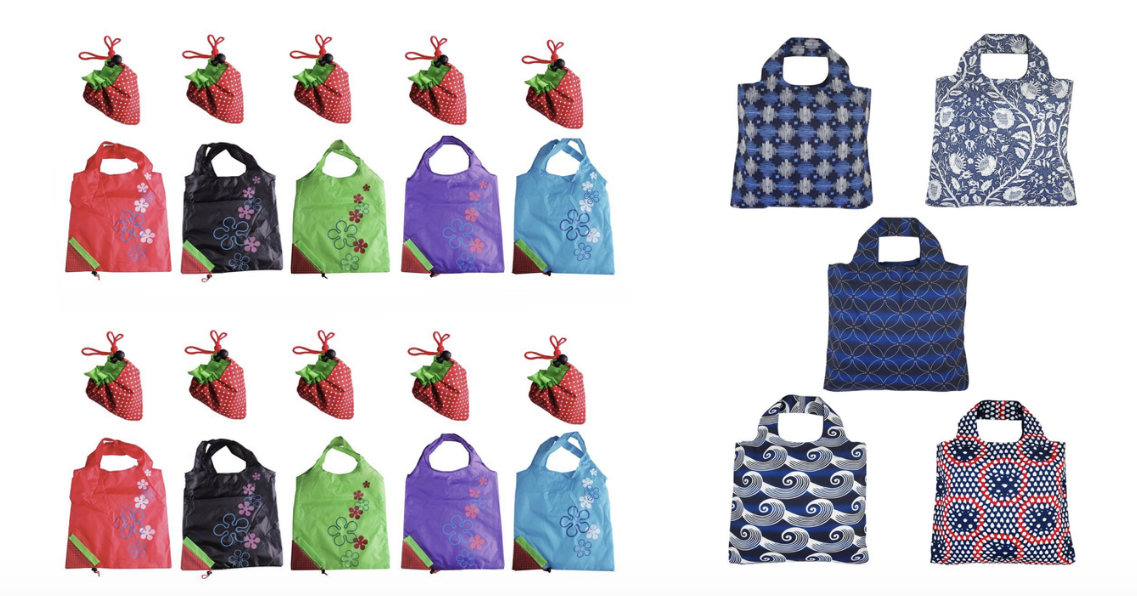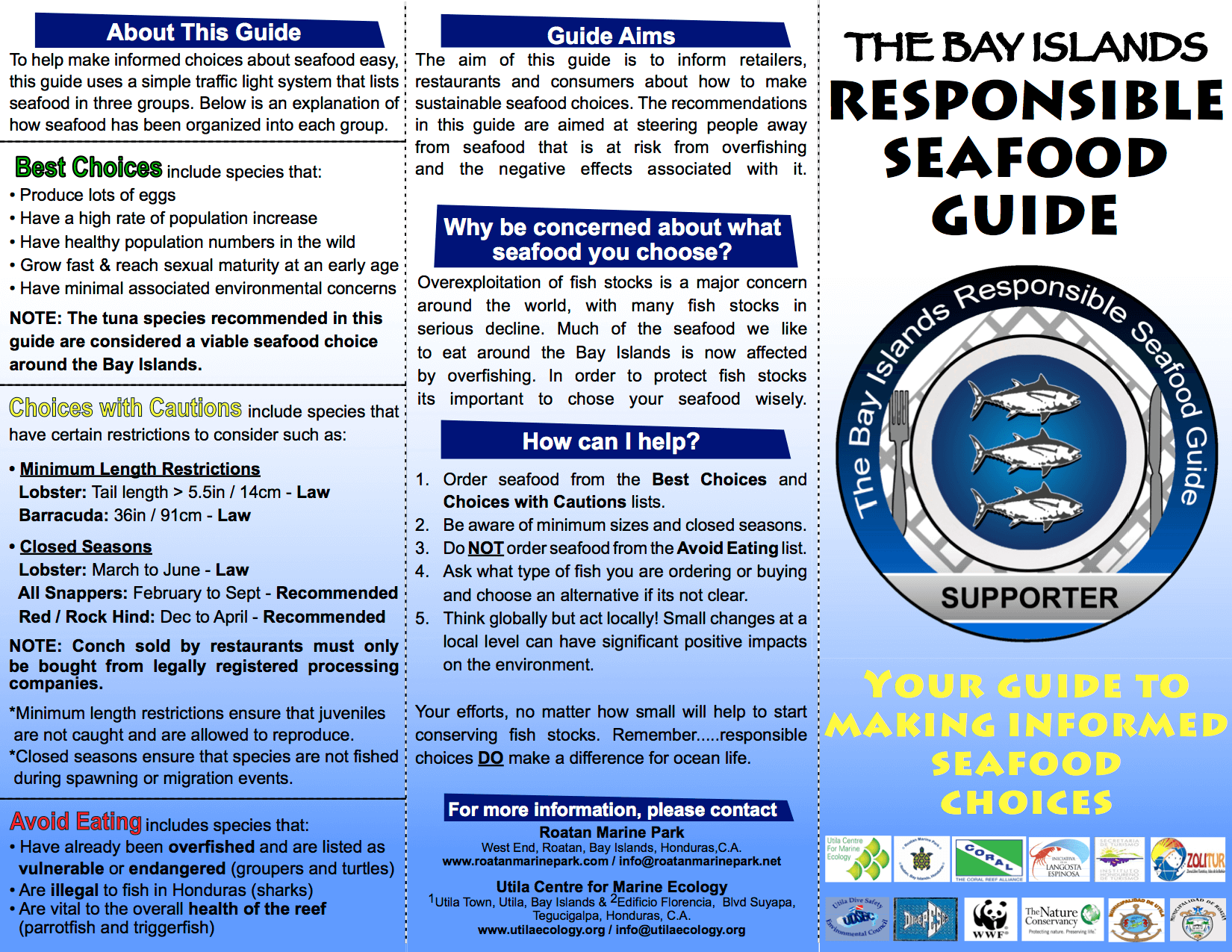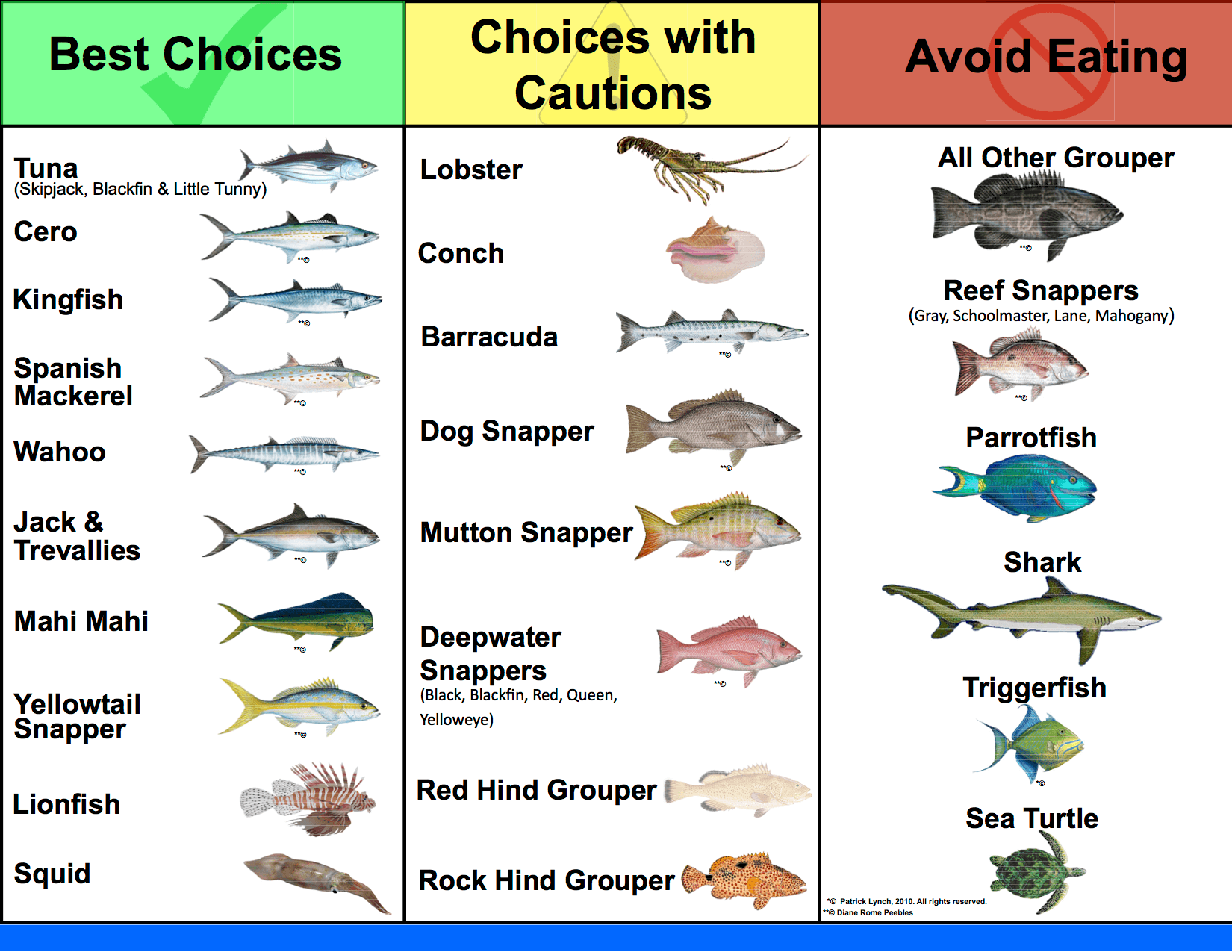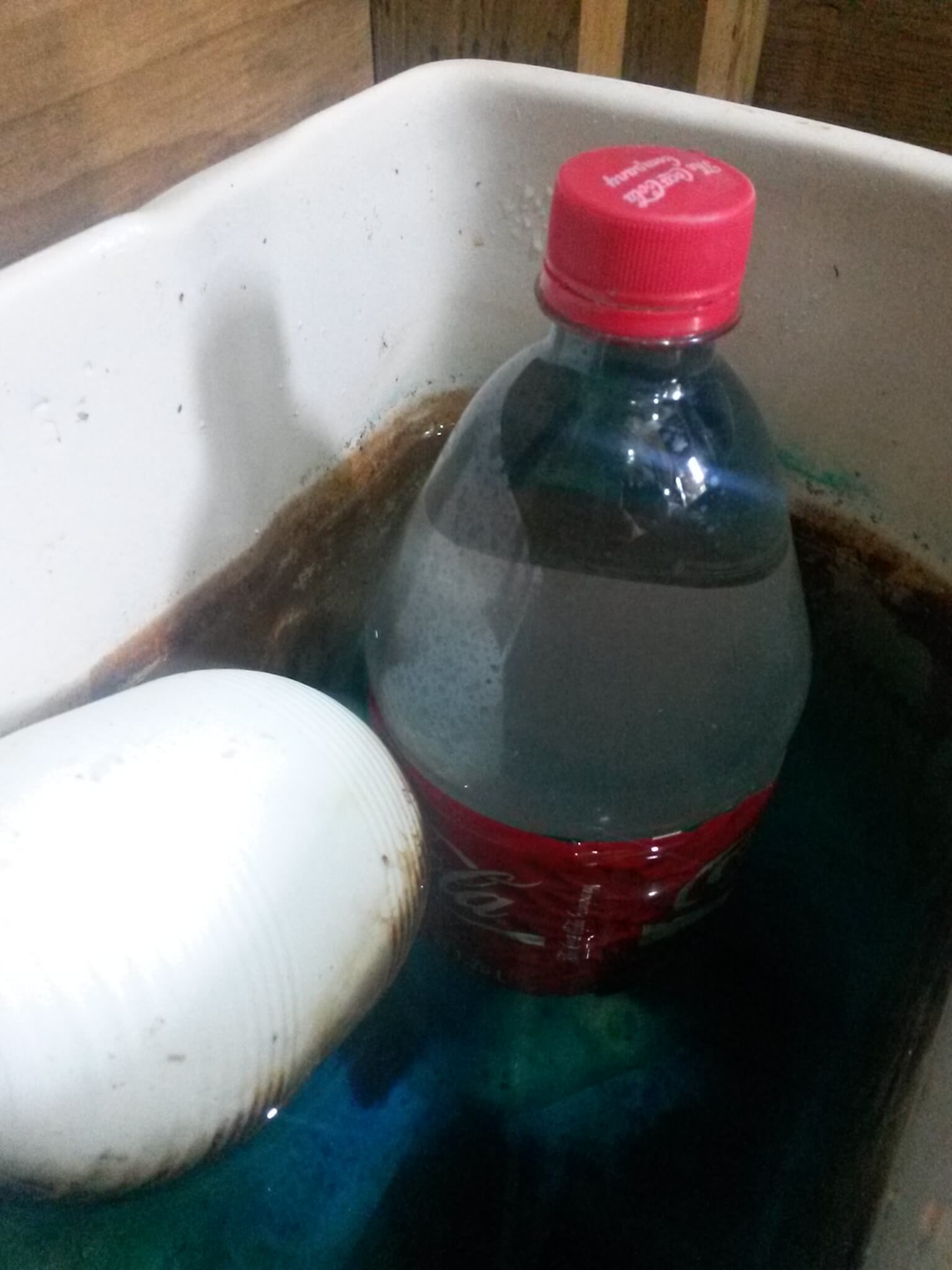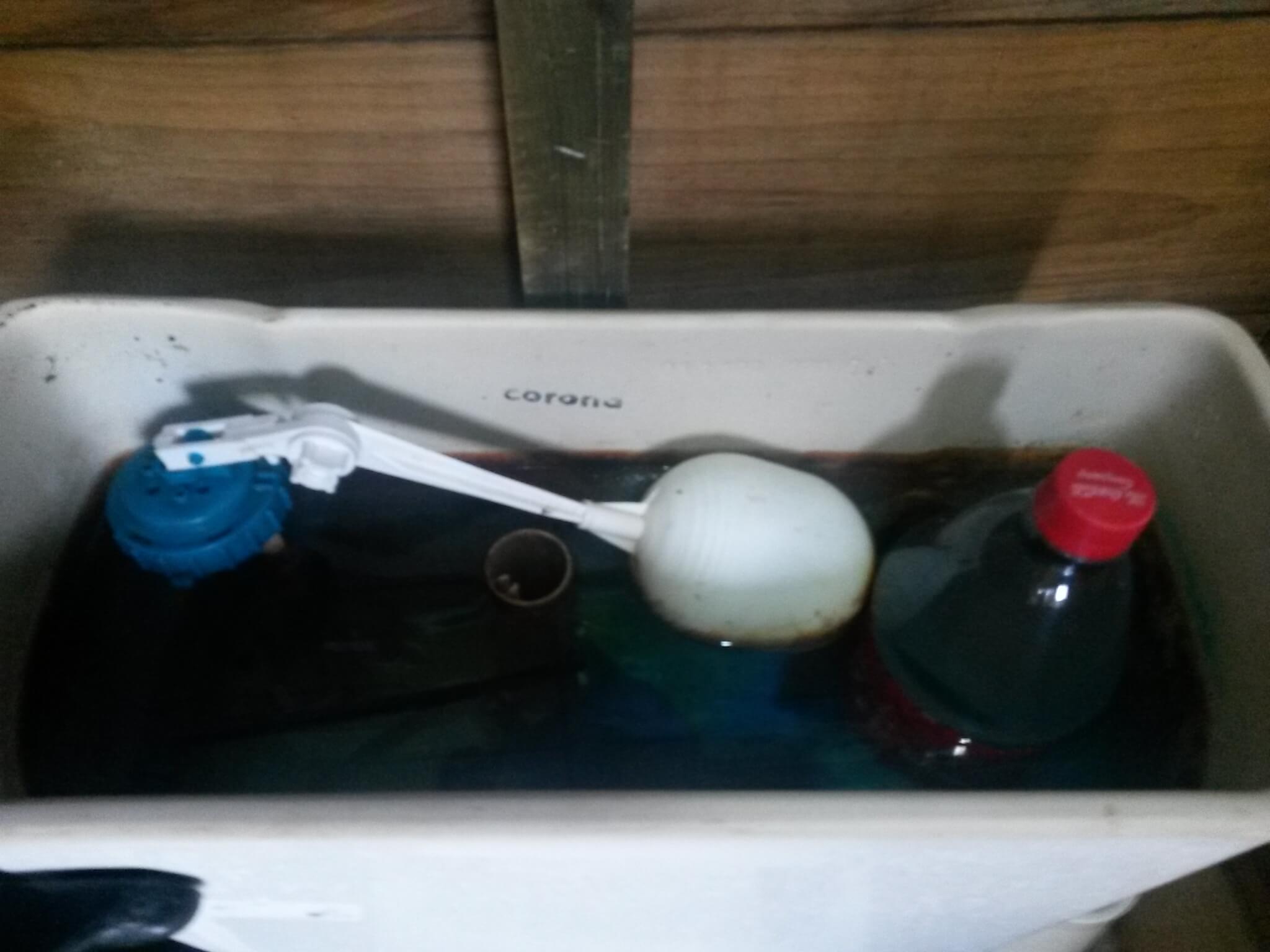Top 5 Tips Before You Visit Roatan
Congratulations, you’re almost on your way to our beautiful island! As a responsible tourism operator, we endeavor to keep Roatan as beautiful as when we first got here. You can help!
With Go Blue Bay Islands’ help, we’ve put together our Top 5 Tips before you visit Roatan.
Congratulations, you’re almost on your way to our beautiful island! As a responsible tourism operator, we endeavor to keep Roatan as beautiful as when we first got here. You can help!
With Go Blue Bay Islands’ help, we’ve put together our Top 5 Tips before your arrival:
Support the Roatan Marine Park
The Roatan Marine Park operates with the support of grants and donations, so if you are enjoying our beautiful reef, you should certainly help support the work that the RMP does. We sell $10 yearly bracelets at our dive centers, or you can purchase a bracelet directly from the Roatan Marine Park stores in West End and West Bay. The RMP stores also sell RMP clothing, jewelry, chocolate, hot sauces and jams made by the local community, so there are plenty of cool gifts to take home. The proceeds of these bracelets and purchases help maintain dive moorings and run patrols to protect the local wildlife from poachers.
Want to do something even more special? Follow in the footsteps of some of our guests and purchase a dive site! The Roatan Marine Park is a registered 501(c)(3), and you can purchase a dive site starting at $1000 that you can name yourself. Roatan Divers’ staff and guests have purchased the following sites: Saaya’s, Gerri’s Gem, Liam’s Lair, Tortuga Terrace, Free Gordon Tour, Kristi’s Cove and Uncle Jim’s Pool. Let’s get even more sites in 2019!
Keep your sunscreen and bug spray reef-safe
In recent years, studies have shown that certain components of sunscreen and bug spray are harmful to the reef, particularly oxybenzone in sunscreen and DEET in bug spray. And if it’s not good for the reef, it’s probably not good for your body, either! Make sure that your sunscreen is reef-safe by purchasing those that contain physical protection instead of chemical, looking for ones that contain zinc- or aluminum-oxide. For bug spray, find sprays that contain essential oils like citronella and tea tree, which will both protect against bites and soothe existing ones.
Want to support the local community? We sell locally sourced and produced sunscreens and bug spray by Aegis! Aegis also sells toothpaste, soap, lip balm and even kombucha, all locally made and in reusable and refillable containers, so they have you covered for most of your island needs.
Eat Responsibly
Just because you want to eat something doesn’t mean you should. Before you visit anywhere, you should research what’s green-listed and what’s red-listed on the menu. Figure out what’s caught sustainably, and more importantly, legally! Green-listed seafood on Roatan include locally caught lionfish, tuna, wahoo and mahi-mahi, while yellow- and red-listed items include lobster, conch, grouper, snapper, and definitely shark and turtle. Worldwide, shrimp is also a red-listed food because of its unsustainable fishing techniques, so as much as we all love coconut shrimp and shrimp scampi, you should try and stick with the sustainable options wherever you are.
On land, avoid iguana. Sure, they may be on some menus, but that doesn’t mean you should order it! Iguana is protected on the island, but restaurants will supply when there is a demand, so it’s up to the consumer to do the right thing.
Buy Responsibly
While we’re on the topic of responsible consumption, let’s also discuss responsible, sustainable souvenir shopping! Just because someone tries to sell you a conch shell on the beach does not mean it’s legal or wise. It is illegal to take shells out of the marine park, so conch shells and even shells that you pick up on the beach cannot be taken off the island. These shells provide homes for marine animals and eventually turn into sand, so taking these shells out will have a massive impact on the environment.
Responsible souvenir ideas that benefit the Honduran community include locally made honey and Roatan Marine Park swag (all available at the RMP shops in West End, West Bay and the cruise ship ports), Aegis items, chocolate from Mayak Chocolate and Honduran coffee. Or make a donation to a local organization, like the Roatan Marine Park, SOL International Foundation, Roatan Animal Support or Roatan Operation Animal Rescue, in someone’s name! You’ll feel good giving these gifts knowing that it’s a gift that gives several times over.
Bring Reusable Containers and Bags
There is already too much plastic going into our waterways, so let’s work together to lessen the impact! While we have reusable containers, bags and cutlery available at the dive center for our guests, it’s also good to bring your own reusable water bottles, bags, and containers for takeaway food or leftovers. Most hotels and condos will have 5 gallon refillable water bottles that you can take water from, so buying loads of small, disposable bottles just isn’t necessary. A lot of restaurants are moving to paper takeaway containers, but the less trash there is, the better, so it’s still good to bring your own!
Learn more about our top 5 tips to live more eco-friendly here so that you can live responsibly on vacation and at home.
Bonus Tip: Support other local causes
Roatan may be a wonderful island community, but as with all communities, there are under-served demographics. If you have space in your bag, consider bringing medical or dental supplies, donations for vet clinics and animal charities, or school supplies like pencils and notebooks. We are fortunate to have a community that cares, but we could always use extra hands and hearts!
Thank you to Go Blue Bay Islands for their work to make the Bay Islands a model in responsible tourism. They work incredibly hard to help businesses become more environmentally aware, and we are grateful for their continued support of the community. Make sure to learn more about Go Blue Bay Islands and support other responsible business operators in the area.
How To Make a Difference This World Oceans Day
Every year on June 8th, the world gets together to celebrate World Oceans Day. Today, we'd like to discuss 3 big issues facing the planet this World Oceans Day, and easy ways that you can make a difference.
Every year on June 8th, the world gets together to celebrate World Oceans Day. Each year, World Oceans Day has a different focus based on the biggest issue plaguing the world's oceans that year. It should be no surprise, then, that plastic pollution is the action focus of World Oceans Day 2018.
However, while plastic pollution may be at the top of the list for this year's World Oceans Day, this doesn't mean we should disregard other pressing issues that our planet is facing. We now have more information and technology at our fingertips than ever before, and ignorance about our impact on the planet is no longer an excuse. Awareness is the first step to making progress, so today we'd like to discuss 3 big issues facing the planet this World Oceans Day, and easy ways that you can make a difference.
PLASTIC
RD Divemaster trainees after a beach clean-up
In line with the World Oceans Day 2018 focus, let's talk about plastic pollution first. Billions of pieces of disposable plastic go into the world's waterways every day, none of which are biodegradable. Animals ingest these plastics or get wrapped up in them, and thousands of animals die every year because of plastic in their stomachs or wrapped around their necks.
HOW TO MAKE A DIFFERENCE:
So what can you do to help? Say no to disposable plastics! Keep a reusable bag with you at all times, have a refillable water bottle, bring your own takeaway container to restaurants and carry reusable utensils (especially straws!) on you. If you can cut down on your disposable plastic use by even one time a day, that's 365 pieces of disposable plastic per person that doesn't go into the ocean!
For more information on how to lessen your disposable plastic consumption, check out our handy guide for 5 easy ways to live more eco-friendly.
SUNSCREEN
Sunscreen is also a big issue facing our world's oceans. Most sunscreens these days contain chemicals that have been found to be harmful to the reef, especially oxybenzone, which can cause a slower growth rate and deformities to coral even in minute concentrations. And if it's that bad for the coral, imagine how it for your body!
HOW TO MAKE A DIFFERENCE:
While it takes a little research, you'd be surprised how many good sunscreen options there are out there! Pick a sunscreen that contains a physical barrier against UV rays, like zinc oxide or titanium oxide, rather than a chemical barrier. To take even better care of your body, find a sunscreen that also contains natural oils, many of which contain their own SPF values. Support your community by buying locally sourced and made products - on Roatan, a very good option is Aegis Sol-Screen, which boasts an SPF of 30 (and smells yummy, too!).
OVER-FISHING
The increase in demand for fish, copious amounts of food waste and harmful fishing practices has led to a population crisis in our waters. The sheer amount of bycatch that comes with trawling, commercial fishing's most common practice, has decimated many fish and coral populations around the world. Fish farming is no better, with the high concentration of fish in a small environment polluting surrounding waters.
HOW TO MAKE A DIFFERENCE:
To decrease your environmental impact while also still getting your seafood fill, make sure to make pick seafood options that are sustainable and in season wherever you go. Most places will have a responsible seafood guide available so you can see what's green-, yellow- and red-listed, so stick with those guidelines. Support restaurants and businesses that provide green-listed options, and remember that quality trumps quantity!
Show our world's oceans some love this day and every day, and make the active choice to make small but meaningful changes for a better future.
Happy World Oceans Day!
When is Roatan's Lobster Season?
Demand for lobster is high, and the restaurants will continue to serve illegal lobster as long as patrons continue to request it. It's our responsibility as visitors to encourage responsible and sustainable seafood consumption so that local providers providers will follow suit, benefiting both the environment and the local economy.
All marine reserves have fishing regulations, and Roatan is no different. While most people come to the Caribbean with the thought of eating lobster on the beach, it's important to know when Roatan's lobster season is, and what the lobster regulations are even when they're in season, to ensure that you are not putting an additional strain on the environment and ruining the marine world that Roatan is renowned for.
Lobster is in season on Roatan from July 1st to February 28th (or 29th on leap years), and only fishermen with lobster fishing permits are allowed to catch lobster outside of the Roatan marine reserve. Their tails must be greater than 5.5 inches, or 14.5 centimeters in length. Undersized lobsters are illegal, regardless of if a permit carrier catches them, and it is illegal to go diving for them within the reserve.
Poached lobster, photo courtesy of Roatan Marine Park
Unfortunately, demand for lobster is high, and the restaurants will continue to serve illegal lobster as long as patrons continue to request it. It's our responsibility as visitors to encourage responsible and sustainable seafood consumption so that local providers providers will follow suit, benefiting both the environment and the local economy.
How do I enjoy lobster responsibly?
- Only enjoy fresh-caught lobster between July 1st and February 28th and NOT between the months of March and June.
- When dining in Roatan, ask the restaurant where the lobster was caught. If they respond that it's locally caught, ask about the size of the tail. Remember, they must be larger than 5in/14.5 cm.
- Look around your restaurant for displays of the Bay Islands Responsible Seafood Guide.
- Keep an eye out for warning signs - if you're served lobster that still has its head, it is most likely poached from local, protected waters. Report suspicious activity to the Roatan Marine Park.
For more information regarding Roatan's fishing regulations and environmental laws, go to the Roatan Marine Park's website and learn how to be a responsible tourist today.
A Case Against Disposable Utensils
Did you know that 8 million metric tons of plastic is dumped in the ocean every year? To give you a reference, 1 metric ton is 2204.62 pounds. 8 million metric pounds is 17 billion-637 million-200 thousand pounds. 17,637,200,000. That.is.bananas.
We've spent a lot of time discussing ways to reduce our use of disposable containers, bags and plastic bottles, but we haven't gotten that much into disposal utensils. Now is as good a time as any, right?
Photo courtesy of Earth Touch News Network http://www.earthtouchnews.com/
Did you know that 8 million metric tons of plastic is dumped in the ocean every year? To give you a reference, 1 metric ton is 2204.62 pounds. 8 million metric pounds is 17 billion-637 million-200 thousand pounds. 17,637,200,000. That.is.bananas.
Most places in the world don't have the proper tools or systems to dispose of plastics or to even recycle them, so they inevitably end up in the world's water systems. Rivers, lakes, oceans - you name it, they're there. These plastics eventually end up inside marine animals, where they slowly kill them. It's torturous and an indignity, and it's even sadder because their deaths are easily avoidable.
Easily avoidable, you say?
Yes, it's easy to help lessen our environmental impact on the environment, but starting with yourself. Just like we encourage using reusable containers, bags and water bottles in lieu of styrofoam and disposable plastics, we encourage you to join the fight against plastic utensils by just saying no.
Most restaurants will automatically bring out a straw for you because it's second nature to them now, so all you have to do when you order a drink is to ask for no straw. If you go to a takeaway store armed with your own containers, take your own reusable utensils as well. Let's be honest, plastic picnic forks and spoons aren't exactly the most convenient to eat with anyways, so having your own normal sized utensils would actually be a benefit.
Saying no to straws and plastic utensils won't negatively affect your life in any way, but it will positively affect the environment in a big way. Remember, every little bit counts, so start making small, mindful changes in your every day life, and the planet will thank you!
We Found Our Eco Gear!
Rejoice, Team RD-ers! After searching the streets of Tokyo for the perfect eco gear, we have finally found what we were looking for.
Rejoice, Team RD-ers! After searching the streets of Tokyo for the perfect eco gear, we have finally found what we were looking for.
After joining Go Blue Central America this year, we wanted to take the bull by the horns and implement more and more eco ideas to help minimize our impact on the environment. Per our conservation initiatives, we will have "rental" takeaway containers and reusable bags at the dive center for our guests so we can help cut down on styrofoam and disposable plastic consumption on the island. We purchased high quality, microwavable rectangular 1.8 liter containers (for those big island lunches) and circular 590 ml containers (for soups and smaller fare) for your takeaway needs, as well as forks, spoons and knives if you want to eat at the shop.
We will also have reusable shopping bags for you to use, both for light West End shopping trips and for your bigger grocery trips to Eldon's Supermarket.
Let's help make Roatan more eco, one box at a time!
3 Easy Environmental Improvements We Made with Go Blue Bay Islands
As you guys know by now, Roatan Divers joined Go Blue Central America Geotourism recently, and completed our first environmental assessment last month. We discussed the things we were doing well on environmentally and things that could be improved on, and after the assessment we decided to grab the bull by the horns and implement what we could as soon as possible (before the results even came out!). We have our next assessment coming up in a week, and we're excited to show you some of the changes we've already implemented and to learn more ways that we can promote responsible tourism on Roatan.
As you guys know by now, Roatan Divers joined Go Blue Bay Islands in partnership with National Geographic and we completed our first environmental assessment last month. We discussed the things we were doing well on environmentally and things that could be improved on, and after the assessment we decided to grab the bull by the horns and implement what we could as soon as possible (before the results even came out!). We have our next assessment coming up in a week, and we're excited to show you some of the changes we've already implemented and to learn more ways that we can promote responsible tourism and environmentally friendly business practices on Roatan.
1. We installed a water efficient shower head
We know you guys all love our hot water shower and its amazing water pressure, so we wanted to make sure that we could have a water efficient shower head without compromising pressure. We found the perfect shower head that still offers a lot of power, but outputs 1.5 gallons of water per minute at its medium setting, far less than our previous shower head which was basically an Amazonian squall falling on your head. We haven't had a new water bill since we've installed it, but we're interested to see how things change next month.
2. We set up an informational display regarding poaching
A while back, a guest bought a conch shell from a street vendor without realizing that it's a threatened species, and donated it back to the dive center. We had the option of taking it back out to sea or using it as an educational tool, and decided to go the educational route to ensure that all of our guests are aware of the dangers of the illegal wildlife trade. The Roatan Marine Park kindly donated a few more confiscated items to fill out our display better, but we previously did not have a sign explaining why these items were on display, and the items were just placed in the corner without much fanfare.
After our first environmental assessment with Go Blue Central America, we set up a proper display shelf with information regarding poaching in an effort to inform as many people about the importance of responsible tourism. We also have a poster up with the Responsible Seafood Guide and information for minimizing plastic consumption, and this has inspired a lot of conversation regarding conservation so we're very excited about where all this will lead.
3. We reduced water consumption in the bathroom
As a dive center, we have a lot of people using the washroom facilities, and use a lot of water every day between the toilet, sink and shower. We're already reducing our water consumption with the water efficient shower head, but we wanted to take it a step further. To reduce our water consumption in the toilet, we place a full water bottle into the tank to increase displacement so that the tank would have to fill with less water to get full.
These were 3 very easy ways that we could reduce our environmental impact and increase awareness about responsible tourism. Each change required very little effort and money, but will make a greater impact in the long run. While we try to be as environmental friendly as possible, it's nice having an outside, professional source offer different ideas to further increase our environmental awareness, and we look forward to continuing our work with Go Blue Central America to support an environmental responsible tourist destination.
Make sure to check out Go Blue Central America's website and Facebook page for more environmental tips and see what businesses are getting involved!




